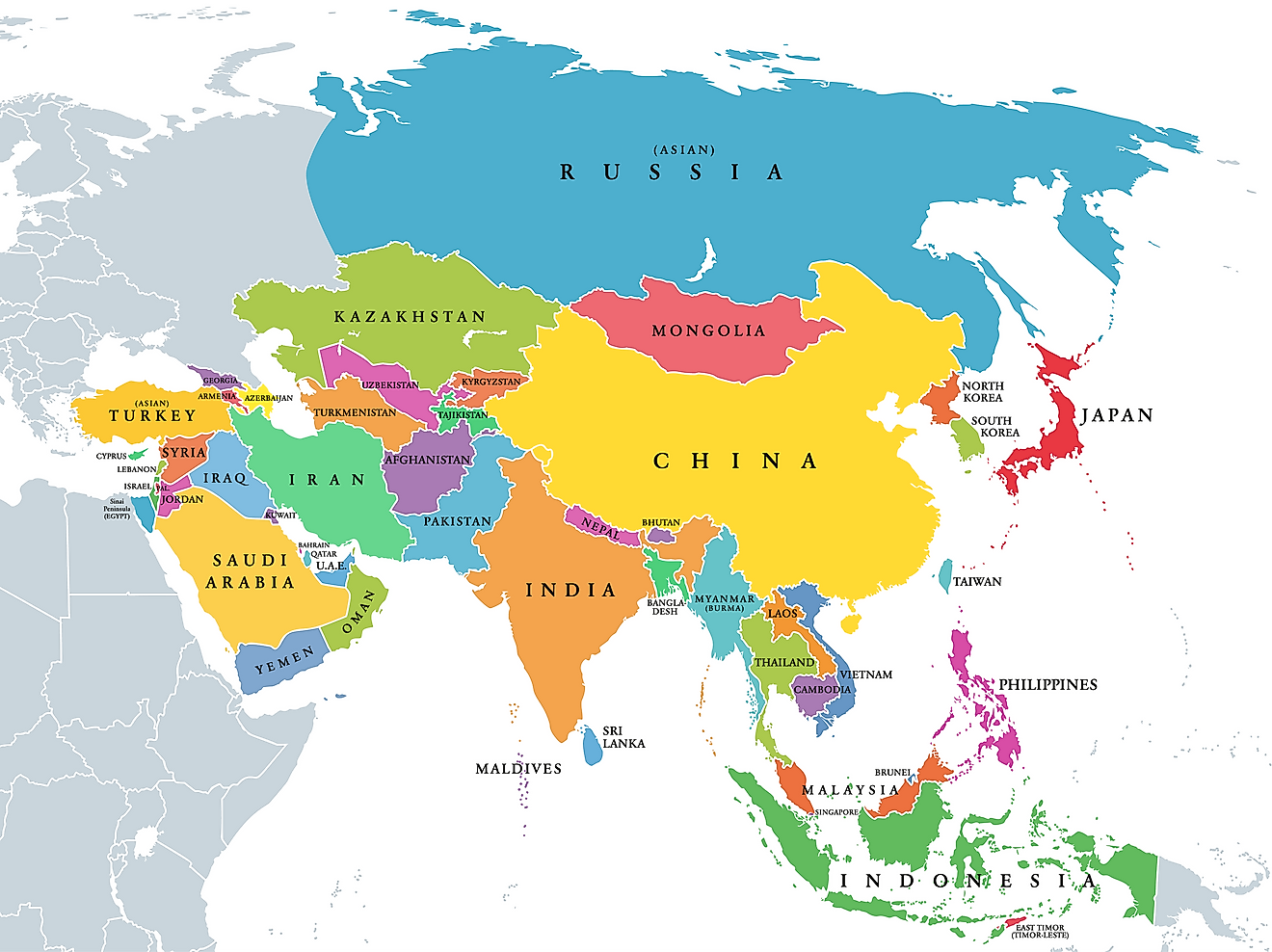The Most Drought Prone Countries in the World

Water covers seventy-one percent of the earth; the remaining 29% is land. However, a third of the land mass is considered desert. The two largest deserts in the world occupy the coldest places on earth, the Arctic, and the Antarctic. The Sahara Desert remains the largest hot desert in the world. Global warming is accelerating desertification, and by 2050 a large part of the earth would have limited access to fresh water. African and Asian countries are the most affected by desertification. The 3,500,000 Square-Mile Sahara Desert spans across the entire North Africa region and is quickly encroaching into east Africa.
10. Morocco
The Sahara Desert covers a large part of Morocco. About 18.22% of the country’s arable land is under vegetation, 12.62% is forest cover while the rest is desert. The southern part of the country experiences rainfall of between 100 mm and 200 mm in a year. Although the country is prone to drought, it is Africa’s 5th largest economy. The government has set up a $633 million contingency plan to mitigate the effects of the recurrent droughts.
9. Uganda
The Republic of Uganda lies within the Equator. It is a relatively small country but with a population of 41 million. About 71.89% of Uganda is agricultural land, 34.41% is arable land and 10.36% is under forest cover. The Congo forest covers eastern Uganda, but the northern part bordering South Sudan is exposed to the encroaching Sahara. The area experiences constant drought that leaves half a million people with very little food and water. Despite years of government interventions, the situation in northern Uganda remains critical.
8. Somalia
Unfortunately, food security is a widespread concern in Somalia. One reality affecting this is the fact that only 1.75% of Somalia is arable land. A majority of Somalians depend on international food donations by the United Nations organizations and the International Red Cross. Up to a million people are threatened by starvation, most of whom are children and women.
7. Iran
Desert coves a large part of Iran. 73% of the country is considered desert land, leaving 27% as agricultural land. About 6.5% of the land is under forest cover while a mere 1.1% is considered permanent cropland. The food situation in the country is so dire that the government has notified the UN that it requires international aid. The country has spent about US $1.7 billion to mitigate recurrent droughts in the country, including US $200 million spent on water pumps and water purification systems.
6. Pakistan
Between 1998-2002, Pakistan experienced the worst drought in 50 years. Today, the situation has gotten worse. The government states that a shortage of food and water threatens nearly three million people. The Thar Desert in the southern part of the country has been abandoned as thousands of people and millions of livestock migrate in search of humane conditions. It is anticipated that by 2025 Pakistan will face an absolute scarcity of water as country’s largest supplier of fresh water; the Indus River basin, continues to dry up.
5. China
In recent times, the northern and southwest regions of China have been facing persistent drought that leaves millions of people on the verge of starvation. Crops wilt while farmers and herders are in desperate need of water for their farmlands and animals. About three million people in Shanxi Province in northern China are in dire need of water while a third of the wheat crop in the area dry up due to lack of irrigation or rainwater. The deserts of China are spreading at an annual average of 1,300 square miles a situation that has seen the government deploy soldiers to plant trees.
4. Afghanistan
Afghanistan is among the driest and most barren countries in the world. About 2.5 million people have been affected and need help for the government and the international aid. The southern parts of the country lose about 60-80% of animals whenever a drought occurs. Crops that depend on rain in several provinces including Balkh, Herat, Sar-e-Pul, jawzjan, and Faryab dry up, resulting in starvation and migration of people.
3. Eritrea
Eritrea is facing a series of terrible crises which includes a recurrent border clash war with Ethiopia, poverty, famine, political instability, migration, diseases, and drought. The country is currently facing a major food shortage that has exposed 1.3 million people to starvation. Children are the most affected as UNICEF and international donor organizations rush to mitigate malnutrition and food-related diseases. About half of the children in the country are facing malnutrition while two of three people survive on two or fewer meals a day.
2. Sudan
About 2.8 million people in Sudan are affected by drought every year. Severe effects are felt in southern Sudan where a combination of drought and a civil war is rampaging across the country. Sudan is largely a desert, and the country, like Egypt, depends on the Nile River for water. Arable land is found along the banks of the river. The construction of the Grand Ethiopian Renaissance Dam on the Blue Nile threatens to reduce the flow of water on the Nile, consequentially escalating the drought in Sudan.
1. Ethiopia
Poor harvests and recurrent insecurity in some regions of Ethiopia has led to food instability and falling food reserves across the country. Approximately one million people including children below the age of five require government and international intervention every year. Torrential rains and flash floods, poverty, and diseases worsen the situation.











